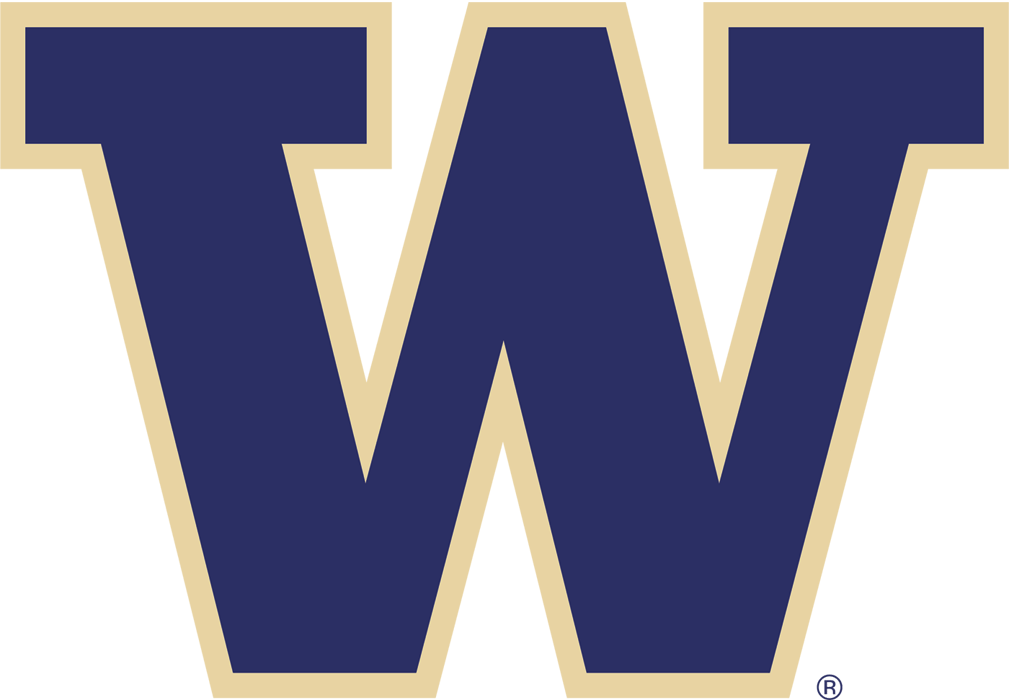 11th
INTERNATIONAL CONFERENCE ON
11th
INTERNATIONAL CONFERENCE ON MUSIC PERCEPTION AND COGNITION
August 23-27, 2010

SUBMISSION DEADLINE: DECEMBER 15th, 2009
Submission Guidelines
Online Submission Forms (Now Available!)
Abstract Formats
Deadlines
Awards - IMPORTANT NOTE: To be considered for any award you must submit a separate email after you have submitted your paper. See the guidelines below for the necessary information. Incomplete submissions will not be condsidered.
Travel Award
Young Researcher Award
Call for Papers
The
International Conference on Music Perception and Cognition is an
interdisciplinary conference devoted to the dissemination of new,
unpublished research relating to the field of music perception and
cognition. The conference is relevant for university and industry
researchers and graduate students working in psychology, cognitive
neuroscience, music theory and composition, psychophysics, music
performance, music education, music therapy and music medicine,
neurophysiology, ethnomusicology, developmental psychology,
linguistics, artificial intelligence, computer technology, and other
related fields of inquiry. The 11th biennial meeting of the conference
will be held in Seattle, Washington on the campus of the University of
Washington.
Submissions
are invited for:
spoken
papers
poster
presentations
symposia
workshops
Authors
are kindly requested to
submit their abstract by filling in the appropriate online form using
the links below. The maximum abstract length is 400 words. The
submission deadline is December 15, 2009. The conference language is
English and spoken papers, posters, conference proceedings, and
publications will all be in English. All paper submissions will
be considered for both spoken paper and poster presentation unless the
author specifically requests that the submission only be considered for
one or the other. Information about paper presentations, poster
dimensions, deadlines for the proceedings document and other
requirements will be communicated to authors in the acceptance letter.
Submissions for the 11th ICMPC will only be accepted using the online submission process. All received submissions will be verified automatically by a return email. If you do not receive email confirmation after submitting your abstract then it was not received and you will need to resubmit. Please note that the word limits on the abstract are absolute so documents with larger word counts will either be truncated or rejected.
IMPORTANT: The organizers would like to provide equal opportunities to each of the conference applicants. If you wish to present multiple papers as the first author, please consider submitting your proposals under different formats (i.e., symposium, spoken presentation, poster presentation, workshop). We believe that the format by itself does not represent the quality of contribution. However, exceptions may be allowed when the organizers acknowledge the value of multiple contributions.
1) Spoken papers and Poster presentations (Online
Form)
Spoken Papers will be
allocated 30 min, including 20 min for the
presentation, 5 min for questions and answers and 5 min for the
preparation for the next presentation. Research
Posters will have designated
time slots and presentation space assigned in the conference schedule.
There will be four dedicated sessions for poster presentations at the
conference that do not conflict with any other activity. Poster
presenters may display their work starting in the morning of the
assigned day and then be present with their poster during the assigned
time. Poster sessions provide an excellent opportunity for conversation
and socializing.
NOTE: All submissions will be
considered for both a spoken paper or a poster unless the author(s)
specifically request on the submission form that they only be
considered for one of the two.
2) Symposia (Online
Form)
will
consist of a set
of integrated spoken papers related to a theme. The total time
allocated for a symposium will be 90-120 minutes, typically consisting
of three to four papers and a discussion. Symposium conveners are asked
to coordinate the submission of papers under one heading. A discussant
should also be provided. Thus, the Symposium organizers should provide
the following information: a) a 350-word general description of the
organized session with its significance for the conference audience; b)
authors and title and abstract of each contribution; c) name of
discussant. It is not mandatory but preferable that the symposium
consists of speakers (including a discussant) from at least two
different countries to promote international viewpoints and
discussions.
4) Workshops (Online Form) will provide an opportunity to demonstrate various practical aspects related to educational and therapeutic methods and settings. The time allotted for workshop sessions is 60 min/session.
Empirical research (spoken
presentation, poster presentation, spoken presentation
as a part of symposium):
1. Background
2. Aims
3. Method
4. Results
5. Conclusions
6. Keywords (up to 5)
7. Topic areas (choose up to 3 from the suggested topics below)
Theoretical research/review (spoken
presentation, poster presentation, spoken
presentation as a part of symposium):
1. Background
2. Aims
3. Main Contribution
4. Implications
5. Keywords (up to 5)
6. Topic areas (choose up to 3 from the suggested topics below)
Workshops and Demonstrations:
1. Background
2. Aims
3. A short description of the activities
4. Implications
5. Specific value and meaning.
6. Keywords (up to 5)
7. Topic areas (choose up to 3 from the suggested topics below)
Authors
should indicate on the submission form one to three topic areas
under which the paper might be grouped, and three keywords. The chosen
topic areas can be selected from the list below or a new topic area may
be proposed.
Suggested topic areas include:
- Acoustics and psychoacoustics
- Aesthetic perception and response
- Cognitive modeling of music
- Cognitive musicology
- Composition and improvisation
- Cross-cultural studies of music
- Memory and music
- Musical development
- Musical timbre
- Music and emotions
- Music and evolution
- Music and language
- Music and meaning
- Music and movement
- Music and neuroscience
- Music and personality
- Music and well-being
- Music education
- Music performance
- Music therapy
- Pitch and tonal perception
- Rhythm, meter, and timing
- Social psychology of music
Refereeing
All submissions will be anonymously reviewed by members of the ICMPC11 Scientific Advisory Board. Notification of acceptance will be sent to the authors by March 1, 2010.
December 15, 2009 – abstracts submission
March 1, 2010 – notifications of acceptance
April 30, 2010 – early registration ends
TRAVEL AWARD -
sponsored by SEMPRE
The Society for Education, Music and Psychology Research (SEMPRE) will
grant travel awards for ICMPC 11 participants on the basis of merit and
need
(details below). Potential recipients must meet one or more of the
following criteria to be eligible to apply for a travel award: (a)
full- or part-time students, (b) unwaged researchers, and (c)
researchers from the developing world (i.e., categorized as developing
/ underdeveloped on the United
Nations Human Development Index).
Application Procedure. Applicants
for the travel award must submit their proposals following their paper
submission. On the Online Paper/Poster Submission Form applicants may
check whether they would like to apply for “Travel Award.” Applicants
are then asked to send
a separate email to icmpc11@uw.edu
with the subject line TRAVEL AWARD APPLICATION and provide not only the
standard information (e.g., name, affiliation, contact address,
e-mail), but
also the following additional information:
(b) their nationality
(c) their country of current residence
(c) the amount of funding they are seeking
(d) why other sources of funding are not available for them
(e) how participation in ICMPC 11 will assist them in their future research.
Selection Procedure. Proposals
submitted by the Travel Award applicants will be evaluated through the
standard referring process coordinated by the Program
Committee. The Program Committee will compile the results of the
evaluations for the Travel
Award applicants for the ICMPC 11 Organizing Committee, which will then
make an ordinal list of
applicants based on the quality of the submissions, passing the list to
the SEMPRE Trustees for their
final decision. For ICMPC 10 (Sapporo, Japan), SEMPRE Trustees
authorized 42 awards (totaling
approximately $11,000.00) to those who actually participated in the
conference from a wide variety of countries.
Expected Date of Notification. We hope to inform travel award applicants of their status by April 1, 2010.
YOUNG
RESEARCHER AWARD - Sponsored jointly by SEMPRE & ICMPC 11
The Society for Education, Music and Psychology Research (
SEMPRE) and ICMPC 11 will jointly sponsor the ICMPC Young Researcher
Award for those who submit a high quality
research presentation for ICMPC 11 and demonstrate the potential to be
a leading researcher in
the field of Music Perception and Cognition in the future.
Qualifications Applicants for this
award must be either (a) full- or part-time students or (b) researchers
who completed the highest degree within the past 3
years, AND must be the first author of the research proposed for the
presentation. The Young Researcher Award recipient(s) will be noted in
the program; their travel expenses including
accommodations (but not meals) will be covered by the sponsors. Young
Researcher Award recipients must attend the entire duration of
the conference.
Application Procedure. Applicants for the Young Researcher Award must submit their proposals following their paper submission. On the Online Paper/Poster Submission Form applicants may check whether they would like to apply for the Young Researcher Award. Applicants are then asked to send a separate email to icmpc11@uw.edu with the subject line YOUNG RESEARCHER AWARD APPLICATION Applicants are asked to provide not only the standard information (e.g., name, affiliation, contact address, e-mail), but also the following additional information (a) their status (student/researcher), (b) the degree being pursued/completed (bachelor/master/doctorate), and (c) the (expected) date of the degree completion. In addition to the structured abstract for the proposed presentation, Young Researcher Award applicants will be asked to SUBMIT A FULL PAPER by 31st January 2010. Applicants who failed to meet the deadline for the full paper submission will not be considered for this award. If applicants also applied for the Travel Award along with Young Researcher Award at the time of online submission AND they failed to submit their full papers on time for the Young Researcher Award, they will still be considered for the Travel Award. The detail of full paper (e.g., length, requirements) will be coomunicated to applicants in a return email.
Selection Procedure. After the
full-paper submission, the quality and potential of the applicants’
research will be evaluated by members of the Young
Researcher Award Committee. The evaluation criteria for this award are
more thorough and demanding than
the standard referring process for the Travel Award or the general
submissions. We expect to
grant one to three awards for this category, the number may vary
depending on the quality of applicants’ submissions.
Expected Date of Notification. We hope to inform Applicants for the
Young Researcher Award of their status by
April 1, 2010.
Steven J. Morrison
Patricia Shehan Campbell
Mayumi Adachi
Anna Rita Addessi
Eugenia Costa Giomi
Roger Kendall
Scott Lipscomb
Jukka Louhivuori
Aniruddh D. Patel
Kate Stevens
William Thompson
